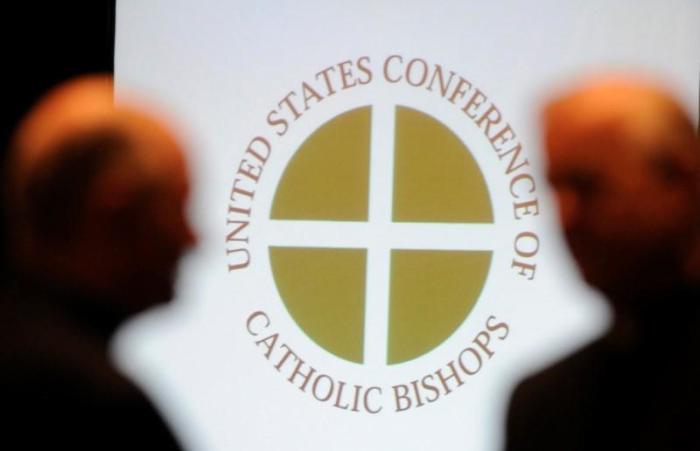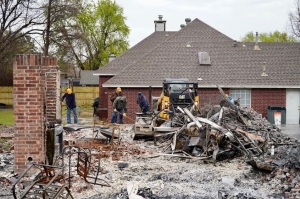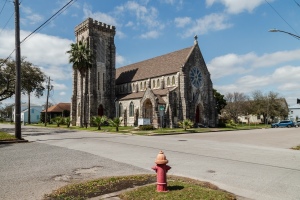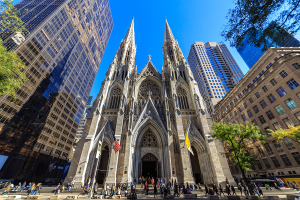USCCB: Eucharist document vote doesn't deny communion for pro-abortion politicians

A week after voting to approve a “Document on the Meaning of the Eucharist in the Life of the Church,” the U.S. Conference of Catholic Bishops has clarified that their vote will not lead to a blanket ban preventing pro-abortion politicians from receiving communion.
As The Christian Post previously reported, the USCCB voted to “approve the request of the Committee on Doctrine to proceed with the drafting of a formal statement on the meaning of the Eucharist in the Life of the Church” at its virtual general assembly meeting, which took place from June 16–18.
The document, which was characterized as a rebuke to President Joe Biden and other pro-abortion Catholics and an effort to prevent them from receiving communion, was approved by the bishops by a vote of 168 to 55.
U.S. Bishops’ approval of the document received swift backlash from pro-abortion Catholic politicians. Following the vote, nearly 60 Catholic House Democrats signed a letter suggesting that “the Sacrament of Holy Communion is central to the life of practicing Catholics, and the weaponization of the Eucharist to Democratic lawmakers for their support of a woman’s safe and legal access to abortion is contradictory.”
Shortly after the letter was released, Rep. Jared Huffman, D-Calif., went a step further, writing on Twitter: “If they’re going to politically weaponize religion by ‘rebuking’ Democrats who support women’s reproductive choice, then a ‘rebuke’ of their tax-exempt status may be in order.”
The USCCB published a question-and-answer document last week, which includes a statement addressing the concerns about the vote and its implications for pro-abortion Catholic politicians. The statement stresses that “the question of whether or not to deny any individual or groups Holy Communion was not on the ballot.”
“The document being drafted is not meant to be disciplinary in nature, nor is it targeted at any one individual or class of persons,” the statement continues. “It will include a section on the Church’s teaching on the responsibility of every Catholic, including bishops, to live in accordance with the truth, goodness and beauty of the Eucharist we celebrate.”
Additionally, the body of bishops asserted that “ ... bishops made no decision about barring anyone from receiving Communion.” The Q&A document, however, doubled down on the importance of all Catholics to support pro-life policies: “Each Catholic — regardless of whether they hold public office or not — is called to continual conversion, and the U.S. bishops have repeatedly emphasized the obligation of all Catholics to support human life and dignity and other fundamental principles of Catholic moral and social teachings.”
“There will be no national policy on withholding Communion from politicians. The intent is to present a clear understanding of the Church’s teachings to bring heightened awareness of the faithful of how the Eucharist can transform our lives and bring us closer to our creator and the life [H]e wants for us.”
Responding to a question about why the bishops are choosing to issue a statement about the meaning of the Eucharist at this time, the Q&A document maintains that, “For some time now, a major concern of the bishops has been the declining belief and understanding of the Eucharist among the Catholic faithful.”
As a result, the bishops have launched a “multi-year Eucharistic Revival Project,” with the statement on the Eucharist acting as the foundation of the initiative.
Catholic Church teaching, as laid out in the Code of Canon Law, declares that “those obstinately persevering in manifest grave sin are not to be admitted to holy communion.” A 2004 letter from then-Cardinal Joseph Ratzinger to U.S. bishops proclaims that “the Church teaches that abortion or euthanasia is a grave sin.”
Ratzinger, who later became Pope Benedict XVI, quoted from the Encyclical Letter Evangelium Vitae, which states, “In the case of an intrinsically unjust law, such as a law permitting abortion or euthanasia, it is therefore never licit to obey it, or to ‘take part in a propaganda campaign in favor of such a law or to vote for it.”
Therefore, by this logic, Catholics who openly advocate for the legalization of abortion or liberalization of existing abortion laws are committing a “grave sin” and should refrain from receiving communion.
At a recent Students for Life of America rally urging bishops to support the statement on the meaning of the Eucharist, Michael New, a research associate at the Catholic University of America, echoed the point made by the bishops in their clarification statement last week, saying that “Catholic elected officials who support abortion” are not the only group that should refrain from receiving communion.
New cited Catholics “who are engaging in any kind of extramarital sexual activity,” including the viewing of pornographic materials as well as those who do not attend mass every Sunday and engaged in committing other mortal sins as examples of those who should not present themselves for communion.
Ryan Foley is a reporter for The Christian Post. He can be reached at: ryan.foley@christianpost.com





























